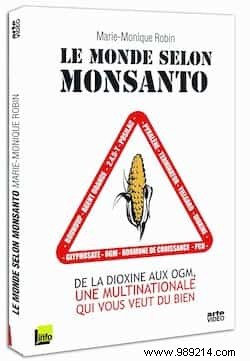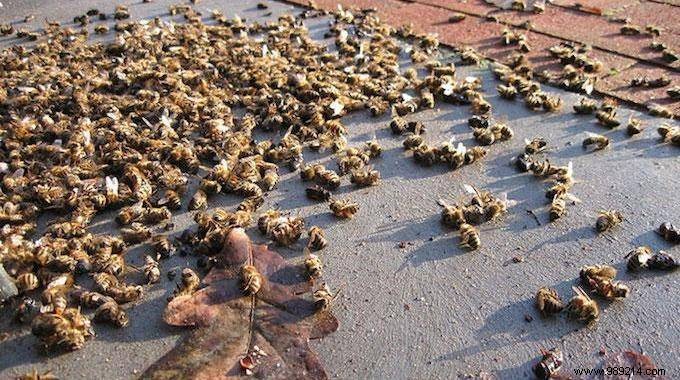
Monsanto, the multinational biochemical company, is funding research focused on bees.
This initiative has raised significant concerns among American beekeepers.
Historically, Monsanto has concentrated on genetically modified (GMO) seeds and pesticides.
Now, the company is expanding into "bio-control," particularly targeting bee health. Here's why:
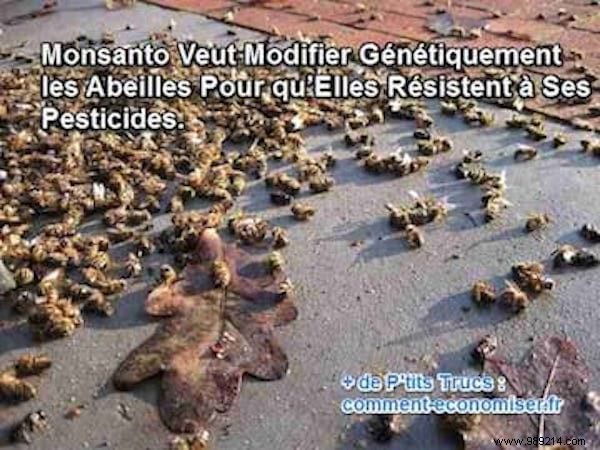
Bees play a vital role in our ecosystem, pollinating one-third of our food supply.
Their economic value is substantial, estimated at €153 billion annually by INRA.
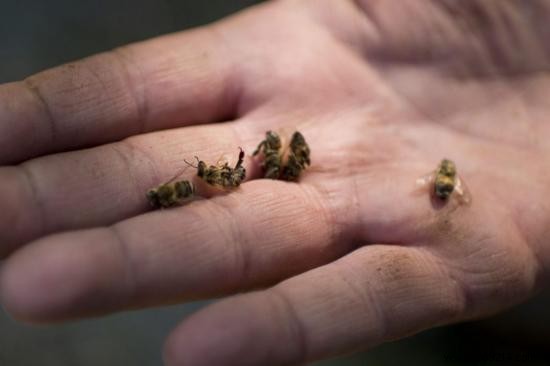
Bees have faced declining health in recent years.
For the past 15 years, colony mortality rates have hit record highs, exceeding 30%—far above the normal 10% threshold.
Several human-related factors contribute, including breeding bees for productivity over resilience, intensive agriculture reducing biodiversity and food sources, frequent hive transport for crop pollination (especially in the U.S.), and pesticide exposure.
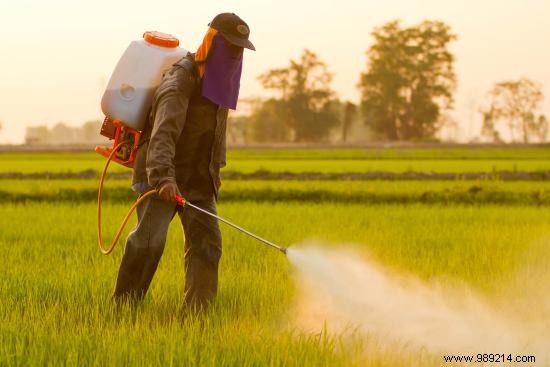
In response, Monsanto has taken steps to support bee health through genetic research.
In 2011, it acquired Beeologics, a firm specializing in bee health solutions.
Monsanto frames this as part of its sustainable agriculture commitment: "Monsanto knows that bees are a key component of sustainable agriculture around the world," the company stated in a press release.
Beeologics develops RNA-based therapies to help bees produce proteins that combat certain viruses, reporting promising results against colony collapse disorder.
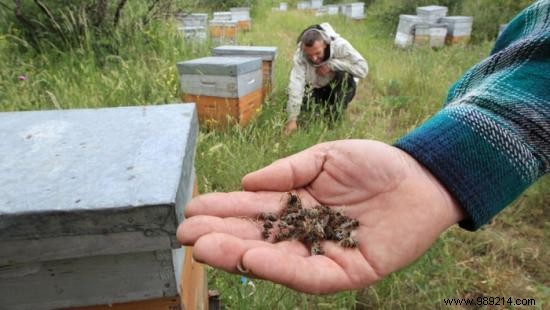
However, not all experts endorse this approach due to limited long-term data.
Veterinarian and biotechnology specialist Christoph Then, formerly with Greenpeace, told Reporterre: "The RNA used is not stable and can pass from one organism to another. So at this point, this technology is not safe enough to be used in the environment."
Monsanto's focus on bee health communication coincides with evidence linking its pesticides to bee declines.
At the World Beekeeping Congress, Apimondia President Gilles Ratia highlighted Monsanto's history with pesticides and GMO crops.
This prompts questions: Is the interest in bees aimed at engineering resistance to Monsanto's own pesticides?
Not familiar with Monsanto?
We recommend the DVD "The World According to Monsanto":
